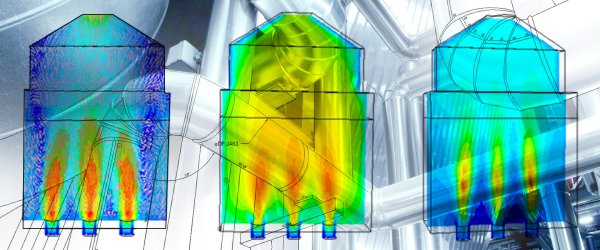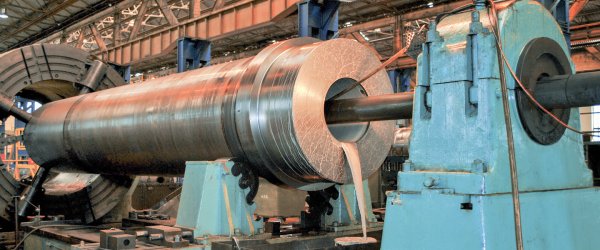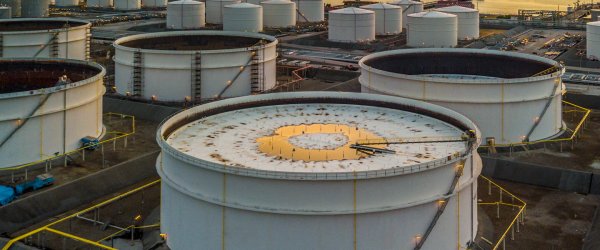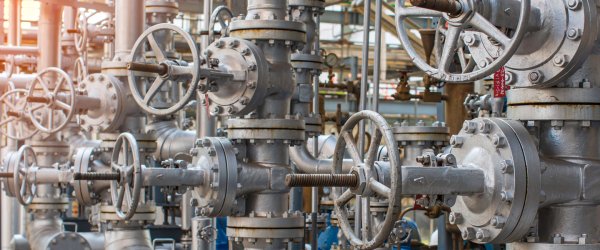Valves
Valve failures have contributed to some of the industry’s most catastrophic incidents. Since valves control the flow and pressure of piping system contents, mechanical integrity is vital. Valve types include ball, butterfly, check, diaphragm, gate, globe, plug, and slide valves, and are either flanged, threaded, socket welded or butt-welded. Inspectors and operators should be well versed in these valve designs and anatomies to foresee and prevent potential problems.
Common Issues
Common valve issues include valve selection/installation flaws, including metallurgy, direction and orientation, and pressure and temperature ratings; external corrosion, cracking, and mechanical damage; internal corrosion, cracking, and mechanical damage; and normal wear and tear / leaking seals.
Important industry standards and recommended practices should be referenced for the design, inspection, testing, and maintenance of valves to preserve reliability. The following standards are especially applicable to testing and maintenance and should be considered as part of a valve mechanical integrity program:











